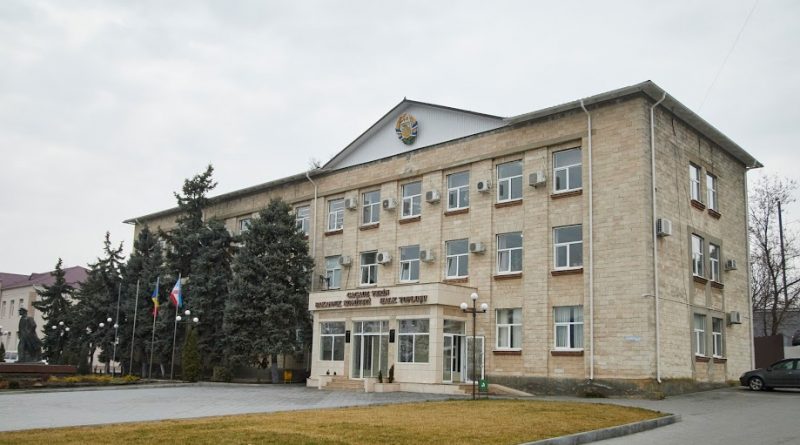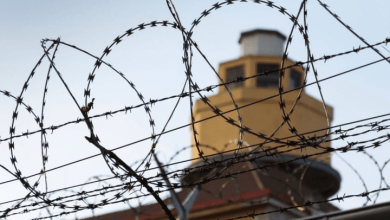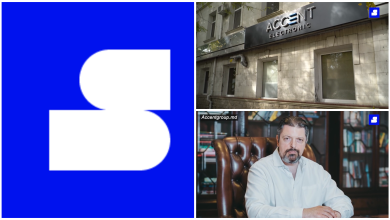The People’s Assembly of Gagauzia Issues a Decision Obliging Journalists to Obtain Accreditation. Dmitrii Constantinov: “They Interfere with Our Work in Plenary”

The deputies of the People’s Assembly of Gagauzia issued a decision ordering the media to obtain accreditation in order to get access to the premises of the local forum, stipulating a series of criteria for receiving a permissive document, as well as the provisions regarding its withdrawal. Media NGOs from Chisinau disapprove of this initiative and demand to cancel the decision immediately.
According to the document, media representatives’ accreditation for the People’s Assembly can be permanent or granted on one occasion only; it is issued nominally, without the possibility of being used by several members of the same editorial team. To get it, journalists have to file an application containing, among other things, detailed information about the media institution they work for. Permanent accreditations are issued for seven days, whereas the non-recurring ones are valid for 24 hours. According to the source, “accredited journalists shall have no right to interfere in the activities of the People’s Assembly” and shall “enter the People’s Assembly meeting hall only with the permission of the chairperson of the meeting or a person authorized by them.” In addition, “media representatives who have not presented their accreditation card or are late for the start of a public event shall not be allowed to enter the premises.”
The decision includes a list of rights and obligations of accredited media representatives, cases when the institution can refuse to issue accreditations, as well as the situations in which it could be withdrawn. For instance, “media can be deprived of accreditation in case of (…) discrediting the activities of the People’s Assembly or the deputies (…), serious, repeated, or unique breach of the obligations specified in this decision (…), refusing to publish a reply or a correction statement from the People’s Assembly.”
The new rules also stipulate that the accreditation of a journalist who lost it due to breaching the rules established by this decision can be renewed no earlier than in a year.
Media Azi has tried to find out the reason for introducing media accreditation from the president of the People’s Assembly of the autonomous region of Gagauzia. “When the plenary session is held, we prohibit the media representatives from entering the hall and approaching the deputies. As to the rest, anyone is allowed to enter. Yet journalists enter the hall during the session and interview us. How do you like this? They interfere with our work. We have objected to it and warned them several times, but to no avail,” Dmitrii Constantinov has told us.
“DEFIANT ATTEMPTS”
The Independent Journalism Center has previously emphasized in an edition of the Press Lawyer column that “accreditation” of journalists by the local authorities and the People’s Assembly of Gagauzia is illegal. The law stipulates that the meetings of the local councils and the People’s Assembly of Gagauzia shall be public. Any interested person shall have the right to attend such meetings, as well as to participate in any stage of the decision-making process in accordance with the legal provisions. In all these cases, the Law on Transparency of the Decision-Making Process [4] should be respected: this standard act obliges public authorities to allow access to their meetings.
According to the statement published on December 8, “Media NGOs vehemently disapprove of the defiant attempts made by the People’s Assembly of Gagauzia in order to hinder journalists’ professional activity by establishing arbitrary and abusive mechanisms” and regard the accreditation criteria and provisions for its withdrawal as “an eloquent way of censoring the media.” The signatory organizations demand from the institution to annul its decision.



